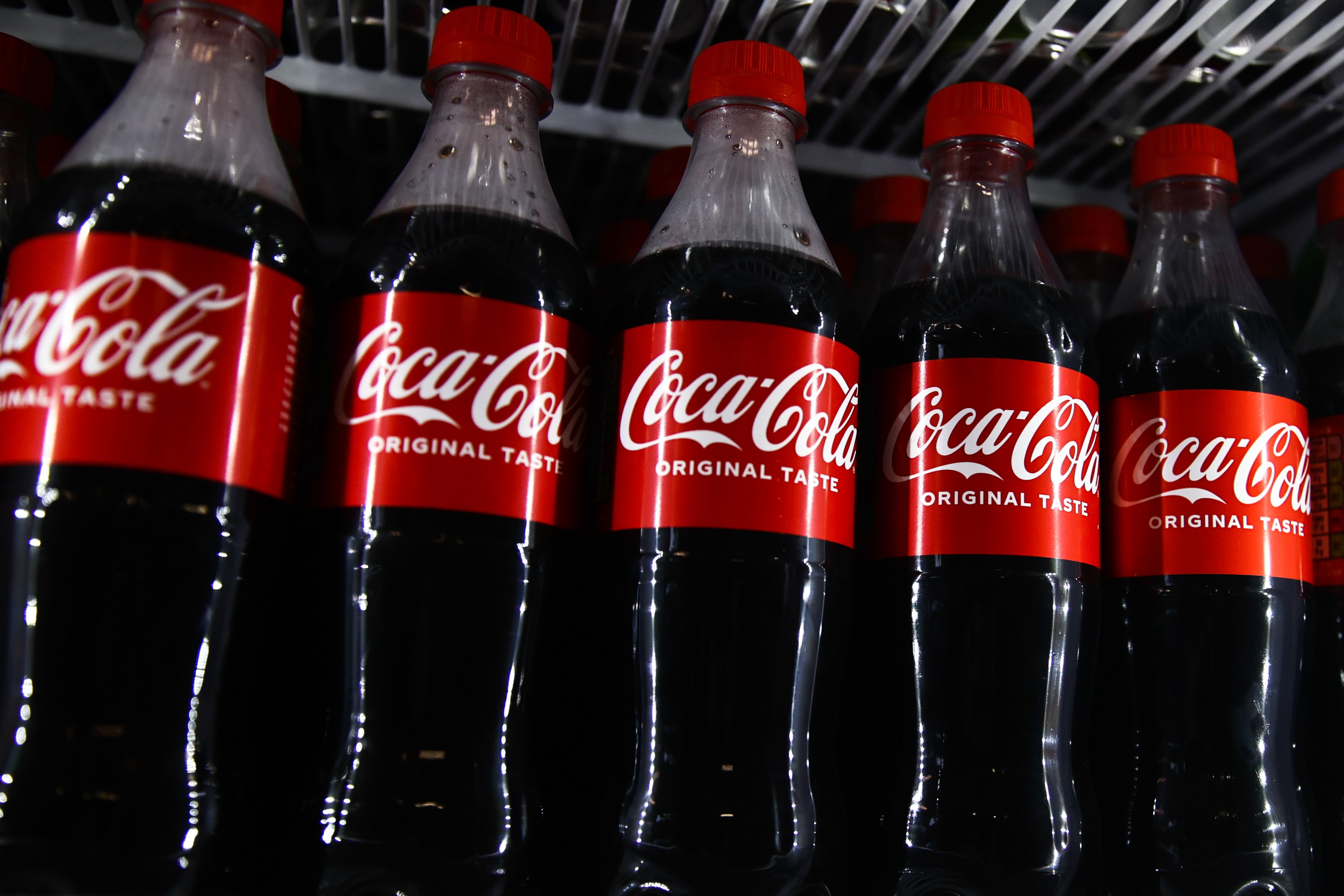It's a tough time to be excited about investing in U.S. companies. They're not just caught in the crossfire of a tariff war that will make it more expensive to do international business. These same tariffs will almost certainly inflate consumer prices. Neither is good for the domestic or the global economy.
The fact that Warren Buffett -- arguably the best-known icon of American capitalism -- remains a big fan of this country and the opportunities it still offers, however, speaks volumes. As he explained earlier this month in the wake of growing tariff-prompted volatility, "We've gone through all kinds of things -- great recessions, world wars, the development of the atomic bomb that we never dreamt of when I was born. So I would not get discouraged about the fact that we haven't solved every problem that's come along." He concludes, "If I were being born today, I would just keep negotiating in the womb until they said I could be in the United States. We're all pretty lucky."
And he's putting his money where his mouth is, so to speak. His Berkshire Hathaway (BRK.A 0.72%) (BRK.B 1.14%) portfolio continues to hold stakes in several patently American outfits that might be worth your consideration as well. Here's a closer look at three of them.
Coca-Cola
It's not just a popular soda brand. It's a slice of American culture. The Coca-Cola Company's (KO +1.52%) name, colors, and logo are prominently featured on everything from Christmas ornaments to clothing to home décor, just to name a few. This phenomenon doesn't exist nearly as deeply for any other beverage brand, or for that matter, any company from any industry.
And yet, while North America is its single-biggest and most important market in terms of profits for this Atlanta-based 133-year-old outfit, the market still only accounts for a little over one-third of its operating income. The rest comes from overseas, and is pretty well distributed across the planet's population and geography.
This would seem to be a problem in light of newly raised tariffs on imports as well as exports. It's not, though.

NYSE: KO
Key Data Points
See, the vast majority of Coca-Cola's products (which include Gold Peak tea, Minute Maid juice, Powerade sports drink, Dasani water, and more) are bottled and distributed by authorized partners in or near the same countries where they're ultimately consumed. There's very little product actually crossing a border that would prompt the payment of an expensive tariff. The company's chief cost of doing international business is actually the taxes owed when it repatriates profits generated overseas. But that's a much more affordable and manageable problem than export tariffs would be.
More to the point for interested investors, yes, this long-timer Buffett favorite would be a smart pick for almost anyone's portfolio, if only as a means of remaining in the market at a time when it isn't comfortable to do so. The forward-looking dividend yield of 2.8% isn't exactly thrilling either, but it is reliable. It's also a reliable grower, having now been raised for 63 consecutive years.
Apple
Consumer technology titan Apple (AAPL 0.07%) may not boast the same all-American pedigree that The Coca-Cola Company does. There's no denying, however, that classic American ingenuity and passion for excellence have made this company the behemoth it is today since it was founded by a couple of ambitious college dropouts back in 1976. Although Macintosh computers (or "Macs") are a minority of the domestic home-computer market, the iPhone is by far America's favorite smartphone, accounting for roughly half of all smartphone purchases in the United States.
Apple isn't strictly a U.S. company, for the record. Indeed, it's not even predominantly an American company. Only a little more than 40% of its revenue is generated by the business unit it simply calls "America," in fact, which includes Latin America and South America; that proportion is even smaller when only looking at the United States' contribution to the top line.

NASDAQ: AAPL
Key Data Points
The company is even less American in light of where most of its technology is manufactured and assembled. The vast majority of the world's iPhones are made in China, with roughly one-third of them being sold in the United States. This, of course, leaves this business vulnerable to steep import tariffs. Apple can and will shift at least some of this production to India, which would sidestep the most volatile front of the ongoing tariff war. Still, this impending shift in production dramatically dials back the American identity of this all-American success story.
The question remains, however, is Apple's stock a compelling buy for the average U.S. investor? After all, even though Buffett and his lieutenants have been paring back their stake in Apple, at 300 million shares collectively worth $64 billion, Apple is still Berkshire Hathaway's single-biggest holding.
Not that Berkshire's stock-pickers are misreading the likely future of trade tariffs or missing something about Apple's options, but in this instance, investors might want to steer clear of Apple and let the dust of the tariff standoff fully settle first before diving in. Few things are as problematic for any company's stock as uncertainty.
Kroger
Last but not least, add The Kroger Company (KR +2.55%) to the list of American companies on Warren Buffett's balance sheet that deserve a closer look by U.S. investors.
It's arguably one of Berkshire's least-talked-about holdings. That's partially a function of size -- at 50 million shares, this $3.4 billion position only makes up about 1% of the entire value of Berkshire Hathaway's stock portfolio. Another part of this disinterest stems from the fact that it's just a grocer, which isn't exactly an exciting industry.
Kroger is most definitely an all-American company. However, given that the Cincinnati-based company's 2,731 supermarkets are only found in the U.S., and mostly sell American-sourced goods.
Now, Kroger still procures bread and cereal from Canada and a variety of fruits and vegetables from Mexico. Some of its inventory even comes from China. That's a problem simply because profit margins on most groceries are already paper-thin; higher import costs will only chip away at these narrow margins. Kroger may not have the pricing power it seems it needs here either, particularly given how price-sensitive consumers are at this time, thanks to a years-long bout with persistent inflation.

NYSE: KR
Key Data Points
There's a reason Kroger shares have been strangely resilient of late, however, continuing to march deeper into new-record-high territory. That is, it's far better shielded from the tariff war than most might guess. As CFO Todd Foley explained during March's fiscal-Q4 earnings conference call, Kroger has "really, really small, single-digit exposure" to imports from China. He adds, "When you think about some of the produce we might get from Mexico or Canada, those are still pretty kind of mid-single-digit effect." His bottom-line message on recently raised tariffs? "It's not a massive impact."
And where rising import costs might matter more, Kroger's got options. It can source outside of these three primary suppliers, for instance, sidestepping the worst of tariff woes. The company can also continue deploying new technologies to tighten up and optimize its supply chain, as it has been successfully doing for some time now.
It's never going to be a high-growth ticker, to be clear. If you're looking to bet on America's resilience, though, Kroger is a fantastic choice.







